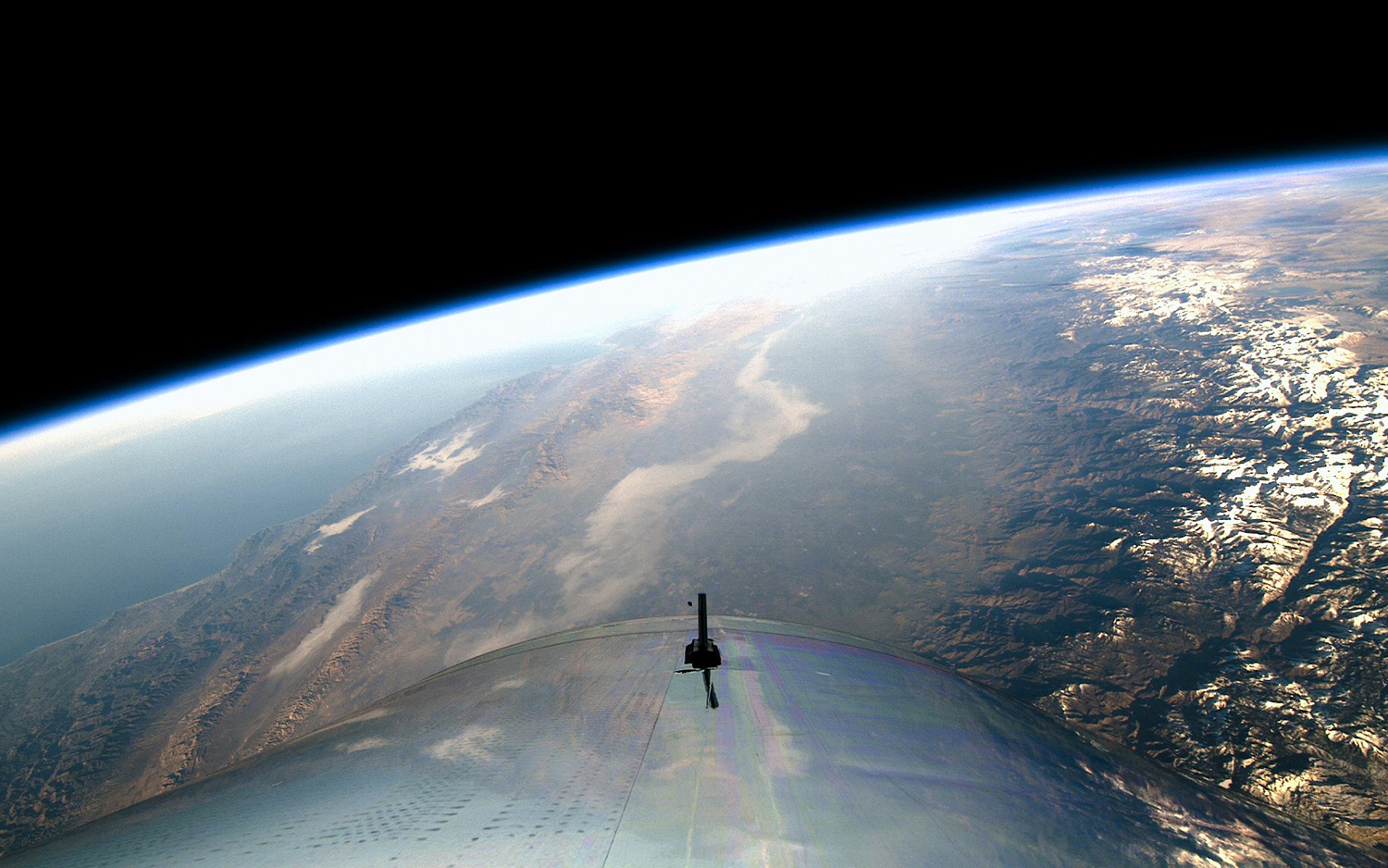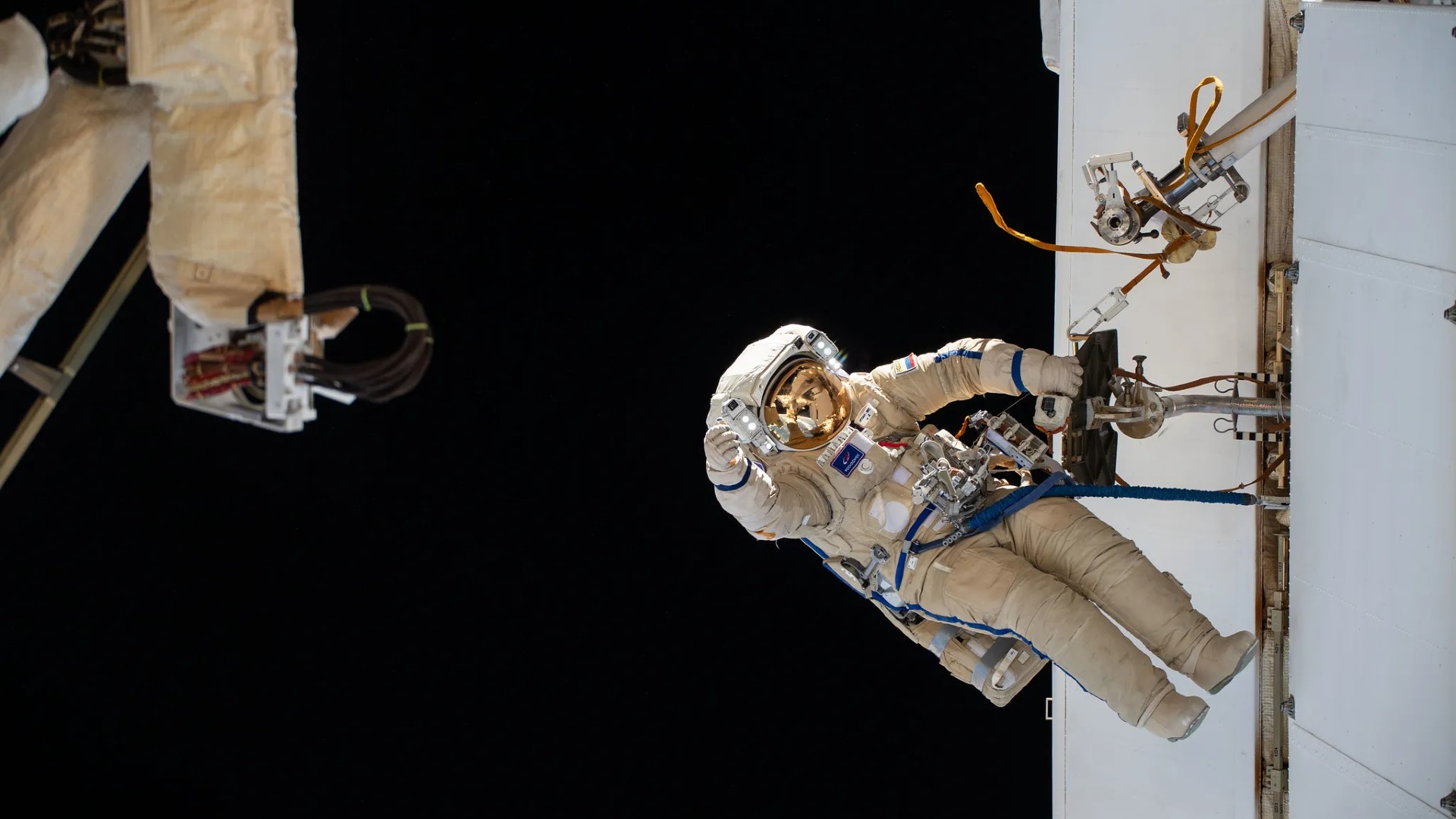Virgin Galactic will attempt its next SpaceShipTwo launch today

Breaking space news, the latest updates on rocket launches, skywatching events and more!
You are now subscribed
Your newsletter sign-up was successful
Want to add more newsletters?

Delivered daily
Daily Newsletter
Breaking space news, the latest updates on rocket launches, skywatching events and more!

Once a month
Watch This Space
Sign up to our monthly entertainment newsletter to keep up with all our coverage of the latest sci-fi and space movies, tv shows, games and books.

Once a week
Night Sky This Week
Discover this week's must-see night sky events, moon phases, and stunning astrophotos. Sign up for our skywatching newsletter and explore the universe with us!

Twice a month
Strange New Words
Space.com's Sci-Fi Reader's Club. Read a sci-fi short story every month and join a virtual community of fellow science fiction fans!
Update for 12:30 p.m. EDT: Virgin Galactic launched its SpaceShipTwo VSS Unity on the first suborbital spaceflight from Spaceport America, New Mexico at about 11:26 a.m. EDT (1526 GMT). Read our full story on the launch success here.
Virgin Galactic plans to reach space again this weekend.
The company is targeting Saturday (May 22) for the third crewed spaceflight of its SpaceShipTwo space plane VSS Unity, which is designed to carry people and payloads on brief trips to suborbital space.
"It's a beautiful day for space," Virgin Galactic representatives wrote on Twitter early Saturday ahead of the test flight.
The two-pilot, six-passenger Unity first reached the final frontier during a test flight in December 2018, then did so again in February 2019. Both of those missions lifted off from Mojave Air and Space Port in southeastern California, near the headquarters of The Spaceship Company, Virgin Galactic's manufacturing subsidiary.
Related: How Virgin Galactic's SpaceShipTwo works (infographic)
Saturday's test mission will depart from Spaceport America in New Mexico, Virgin Galactic's commercial hub. It will be the first human spaceflight to originate from the Land of Enchantment, state officials have said.
Breaking space news, the latest updates on rocket launches, skywatching events and more!
Unity has already made one attempt at spaceflight number three. The space plane lifted off beneath the wings of its carrier aircraft, VMS Eve, from Spaceport America on Dec. 12. Eve dropped Unity at an altitude of about 50,000 feet (15,000 meters) as planned, but the spacecraft's rocket motor didn't fire up properly, and pilots C.J. Sturckow and Dave Mackay brought Unity down for a safe but earlier-than-expected landing on the spaceport's runway.
Virgin Galactic traced the issue to electromagnetic interference, which caused a reboot of Unity's onboard computer just as the rocket motor was igniting. The company made some changes to ensure that doesn't happen again, and testing the efficacy of those fixes is a key goal of Saturday's flight.
"The flight will also incorporate all original test objectives, including assessment of the upgraded horizontal stabilizers and flight controls during the boost phase of the flight, evaluating elements of the customer cabin and testing the livestream capability from the spaceship to the ground," Virgin Galactic representatives wrote in a statement on Thursday (May 20).
Unity will also carry some scientific experiments as part of NASA's Flight Opportunities program, they added.
Saturday's flight is part of the final phase of Unity's test campaign, which will likely include several additional test missions. If all goes well, the space plane could begin commercial operations by early 2022, Virgin Galactic representatives have said.
Virgin Galactic is one of two major players in the suborbital space tourism industry. The other, Jeff Bezos' Blue Origin, is gearing up to launch its first paying customer on July 20. That person will be the winner of an auction, which will wrap up on June 12. The leading bid for the seat was $2.8 million as of Thursday afternoon.
Mike Wall is the author of "Out There" (Grand Central Publishing, 2018; illustrated by Karl Tate), a book about the search for alien life. Follow him on Twitter @michaeldwall. Follow us on Twitter @Spacedotcom or Facebook.

Michael Wall is a Senior Space Writer with Space.com and joined the team in 2010. He primarily covers exoplanets, spaceflight and military space, but has been known to dabble in the space art beat. His book about the search for alien life, "Out There," was published on Nov. 13, 2018. Before becoming a science writer, Michael worked as a herpetologist and wildlife biologist. He has a Ph.D. in evolutionary biology from the University of Sydney, Australia, a bachelor's degree from the University of Arizona, and a graduate certificate in science writing from the University of California, Santa Cruz. To find out what his latest project is, you can follow Michael on Twitter.
